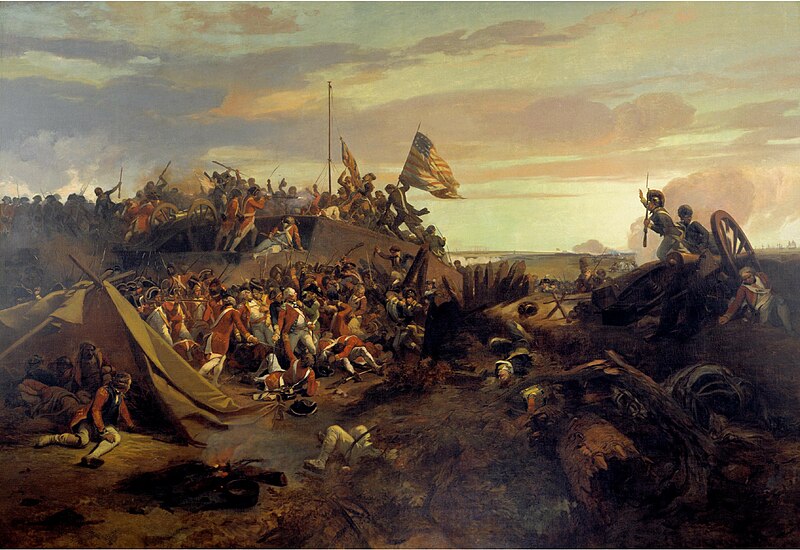Hello ladies and gents this is the Viking telling you that today we are talking about
THE AMERICAN REVOLUTIONARY WAR
The American Revolutionary War, also known as the American War of Independence, was initiated by the thirteen original colonies in Congress against the Kingdom of Great Britain over their objection to Parliament's direct taxation and its lack of colonial representation.
From their founding in the 17th century, the colonies were largely left to govern themselves. As conflict with New France expanded, the costs of their defense increased. After the eviction of France from North America in 1763, Parliament and the colonies disputed how these expenses should be paid. Measures such as the 1765 Stamp Act to increase government revenues provoked unrest that culminated in the 1773 Boston Tea Party. When Parliament responded by imposing punitive measures on Massachusetts, twelve colonies set up the First Continental Congress which agreed to boycott British goods.
In June 1775, the Second Continental Congress appointed George Washington to create a Continental Army and oversee the capture of Boston. When their Olive Branch Petition was rejected, Congress sponsored an unsuccessful attack on British Quebec, before passing the Declaration of Independence in July 1776. Hopes of a quick settlement were increased by a substantial element within Parliament who opposed Lord North's "coercion policy" in the colonies. Like the Patriots who followed them, Whigs believed that the Crown had assumed too much power since the Hanover ascension in August 1714.
However, British commander in chief, General Sir William Howe then launched a counter-offensive, capturing New York City. Washington retaliated with harassing attacks at Trenton and Princeton. Howe's 1777–1778 Philadelphia campaign captured that city, but the British were defeated at Saratoga in October 1777. At Valley Forge that winter, Washington built a professional army. American victory at Saratoga had dramatic consequences on the war.
Although some foreign states, notably France, had been supporting the American cause in the form of financial and material provisions, the French wished for no further involvement until the capture of a British army at Saratoga by American forces made them reconsider their level of commitment. The French entered into treaties for trade with the United States and to protect that trade, the Americans secured a Treaty of Alliance in 1778. Spain joined the war the following year as an ally of France.
Spanish Louisiana Governor Bernardo Gálvez routed British forces from Spanish territory.
This allowed supplies north from the Spanish and American privateers for the 1779 Virginia militia conquest of Western Quebec (later the US Northwest Territory). He then expelled British forces from Mobile and Pensacola, cutting off British military assistance to their Native American allies in the interior south. Howe's replacement, General Sir Henry Clinton, then mounted a 1778 "Southern strategy" from Charleston.
After initial success taking Savannah, their losses at King's Mountain and Cowpens led to the British southern army retreat to Yorktown where it was besieged by Franco-American forces. A decisive French naval victory brought the October 1781 surrender of the second British army lost in the American Revolution. War between Britain and France allied with Spain dragged on for another two years over their imperial aims called out in the Treaty of Aranjuez.
In December 1782, George III spoke from the British throne for US independence. In April 1783, Congress accepted the British-proposed treaty that met its peace demands including independence and sovereignty west to the Mississippi River. On September 3, 1783, the Treaty of Paris was signed between Great Britain and the United States, recognizing the United States, making peace between the two nations, and formally ending the American Revolution.
And as always have a chilled day from the Viking

Nicee written
ReplyDelete